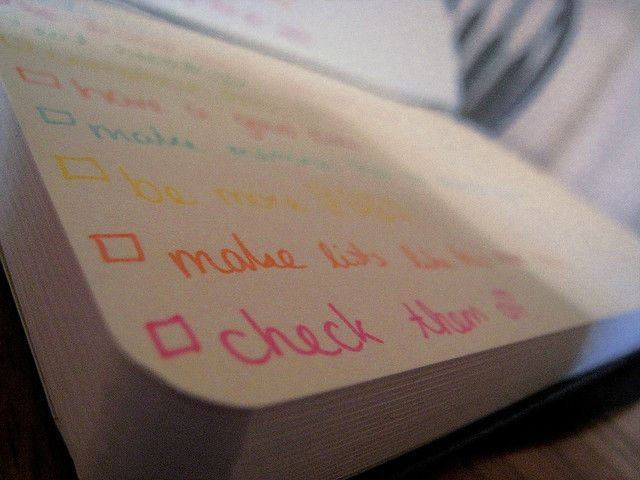New Year, New Me: Questioning Yourself Increases Your Chance Of Keeping A New Year's Resolution

Many of us welcome the New Year with the mantra “new year, new me,” followed by a list of New Year’s resolutions that we seldom achieve. However, researchers from four universities from across the U.S. have found an effective method for keeping our resolutions that could make this New Year different. Asking yourself a question like, “Will I exercise — yes or no?” may be more effective than saying, “I will exercise,” according to the recent study published in the Journal of Consumer Psychology.
The research team — from the University of California, Irvine; the University at Albany; State University of New York; the University of Idaho; and Washington State University — analyzed more than 100 studies spanning 40 years of research. They looked at whether the “question-behavior effect,” first demonstrated by Steven Sherman in 1980, will influence future decisions. The findings revealed this effect can last more than six months after questioning, but why?
David Sprott, a co-author and senior associate dean of the Carson College of Business, Washington State University, believes questioning someone (or yourself) causes a psychological response that can influence behavior.
"If you question a person about performing a future behavior, the likelihood of that behavior happening will change," Sprott said in the press release.
The question-behavior effect was found to be the strongest when questions were administered via a computer or paper-and-pencil survey, and when questions were answered with a response of “yes” or “no.” Those that used this method were better off not providing a specific time frame for the target behavior. Questions that encouraged behavior with personal and socially accepted norms, such as “Will you recycle?,” had a greater influence. The question posed reminds them that recycling is good for the environment, but it also can elicit a feeling of uneasiness if they are not recycling. Therefore, this motivates them to recycle to alleviate any feelings of uneasiness.
However, there is one caveat to this method: It will be less impactful on habits or behaviors that the person questioned has done a lot. For example, asking about vices like drinking alcohol actually led participants to do it more than a control group in one study, noted the researchers. So, they suggest the key to influencing someone’s behavior is to ask a question rather than a statement.
A similar 2006 study found the simple act of asking questions leads to biased responses on part of the respondents. Researchers asked students about their likelihood to exercise or use illegal drugs in the coming two months and were then asked to report their exercise or illegal drug use behaviors two months later. The findings revealed subsequent self-reported exercise rates increased from 14 percent to 26 percent two months later, and unfortunately, along with illegal drug use. This illustrates the power of social influence on behaviors.
So, this New Year’s, rather than affirmatively saying, “I will look after my health,” be realistic and ask yourself: “Will I look after my health — yes or no?”
Sources: Spangenberg ER, Kareklas I, Devezer B, et al. A meta-analytic synthesis of the question-behavior effect. Journal of Consumer Psychology. 2015.
Williams P, Block LG, and Fitzsimons GJ. Simply asking questions about health behaviors increases both healthy and unhealthy behaviors. Social Influence. 2006.



























